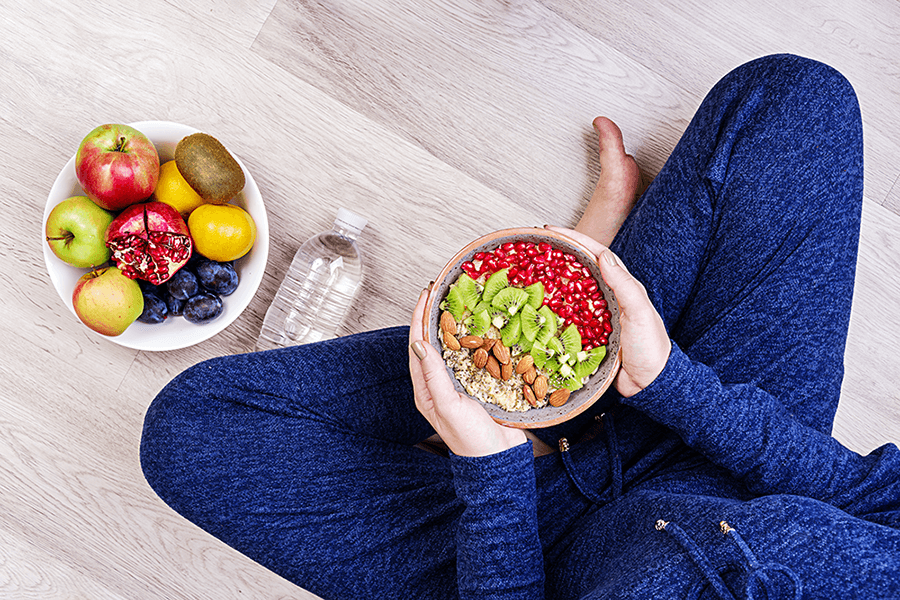
A good night’s sleep isn’t just the best way to recharge your batteries after a long day, it also has many additional benefits for your health. People who don’t get enough sleep are more prone to gaining weight, have difficulty shaking off illnesses, and can be less productive during the day. A lack of sleep can also have a profound effect on your mood, increasing anxiety, frustration, and even depressive tendencies.
Everyone knows that sleeping well is important, but we’ve all lain awake in bed at night, unable to settle regardless of how welcoming we make the bed. What people don’t often think about is how much our sleep is affected by the things that we eat – not just immediately prior to going to bed, but also throughout the day. If you’re struggling to enter the land of nod, here are some dietary hacks which might just be the ticket you need to get those extra zzzzs.
Reduce Caffeine
This one might seem obvious as caffeine is a well-known stimulant, but that’s also the reason many people turn to coffee to keep them going through an evening, especially if they’re working late. What a lot of people don’t know is that caffeine can stay in the bloodstream for up to 6 hours, so if you’re a fan of a coffee on your commute home, it might still be stopping you from feeling sleepy well into the night. Try switching to decaf or limiting caffeine-rich drinks like coffee and cola to the morning.
Watch the Alcohol
Although a drink before bedtime can help you fall asleep, it has long-lasting effects which can mean that the quality of the sleep you do get is not as good as it should be. During the night, we cycle between deep sleep and light sleep, with the former being where we get the most rest. Drinking too much alcohol before bed disrupts this cycle, sending you into a deep sleep straight away but then your brain stays in light sleep for the rest of the night. That means when you wake up you feel more like you’ve only had a nap than a full night’s slumber.
Aid Digestion
The last thing you need before bedtime is indigestion, so make sure you stay away from foods which will keep your stomach working overtime. Fatty foods, processed foods, and anything with a spicy kick will keep your stomach gurgling away long after you’ve started counting sheep. Try and eat them earlier in the evening to give your body plenty of time to process them.
But it’s also not helpful to go to sleep feeling hungry. Sometimes we need an extra evening snack to avoid a different kind of stomach gurgle! There are foods which contain chemicals like serotonin, melatonin, and tryptophan, which your brain makes to help you fall asleep, so snacking on these before bedtime will give it a head start. Good choices include bananas, berries, turkey, and tart cherry juice. Just make sure you don’t add extra sugar, as this will have the opposite effect.
Create a Calming Environment
Of course, it won’t matter what you eat if your bedroom atmosphere isn’t conducive to sleep. While you might not be able to do anything about traffic noises and streetlights, you can adapt the room to make it as comfortable as can be. Investing in a good bed, like one of these from Divan Beds Centre, will help your body to relax. Blackout blinds and curtains will deal with any unwanted light sources, and you might want to consider using a sound app to create a relaxing ambience. What could be more soothing than the sound of waves lapping on the shore?
Conclusion
Preparation for a good night’s sleep starts long before you make it to the bedroom. If you’re having trouble nodding off or waking up unrested, try moderating your diet and see if that makes any difference.